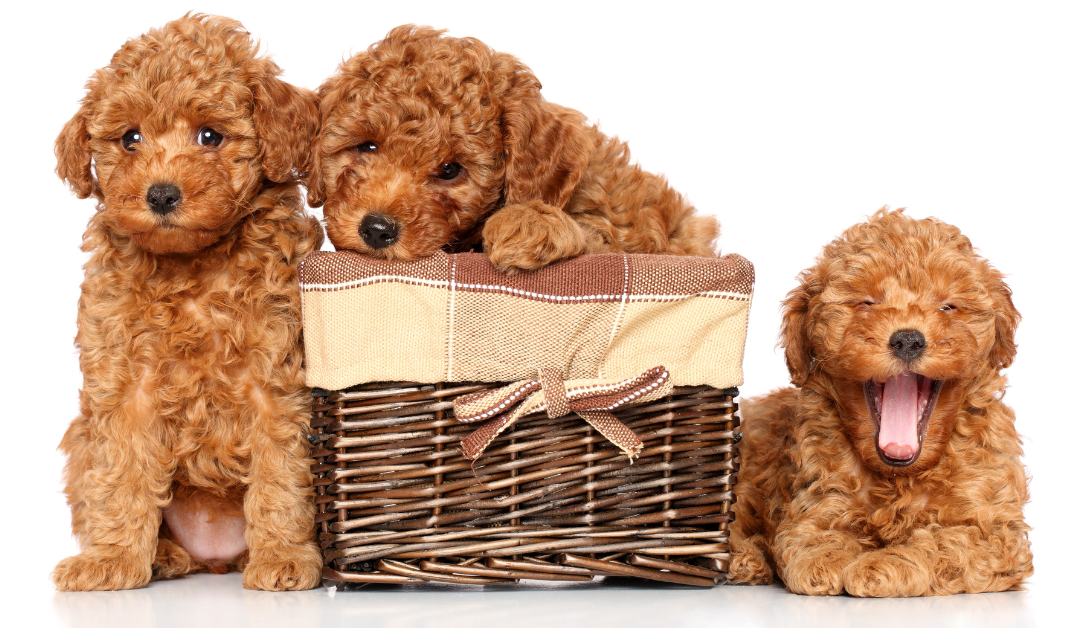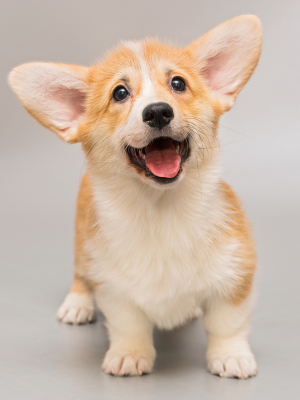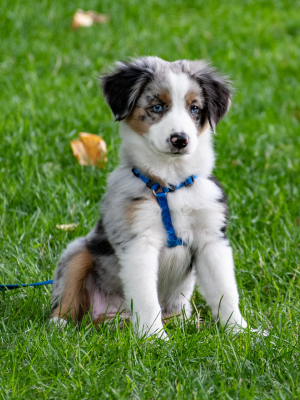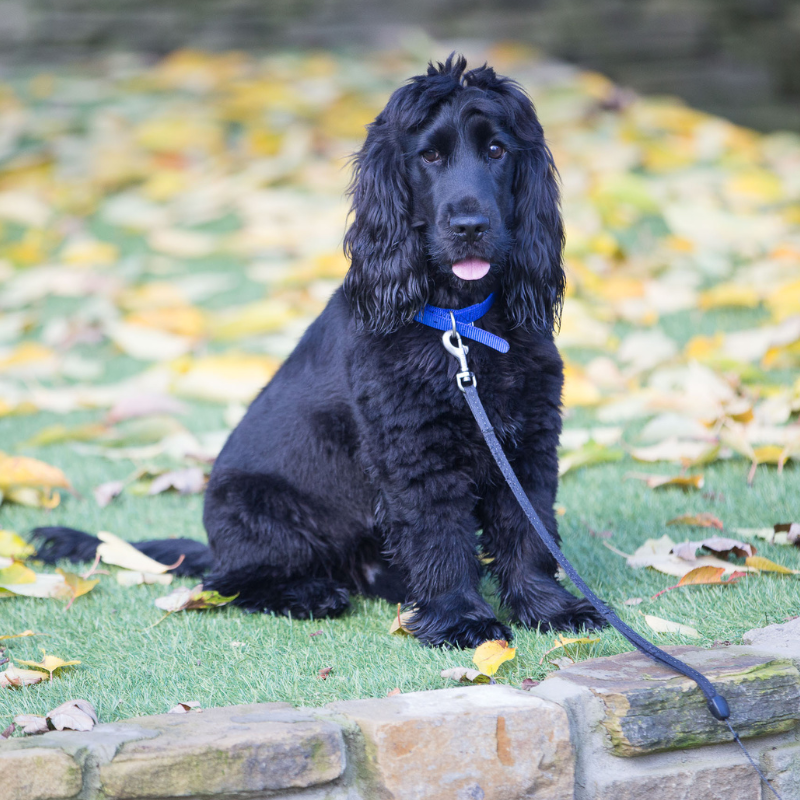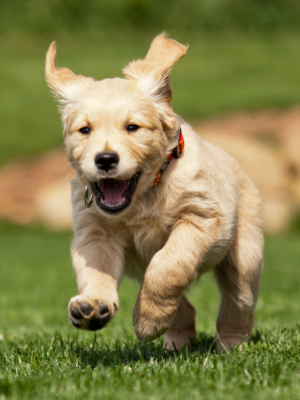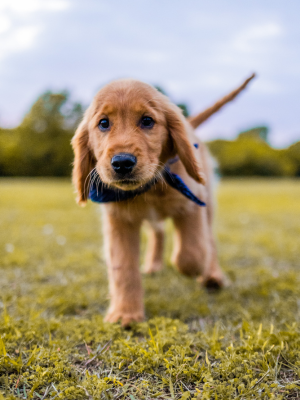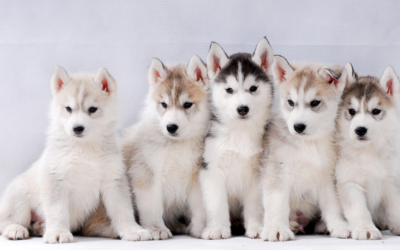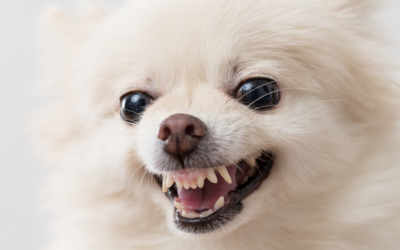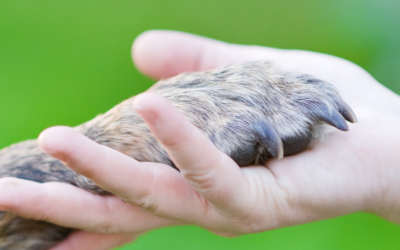How To Raise The Perfect Puppy
Everyone who ever chose to bring a puppy into their lives intended to raise him/her to be the perfect puppy. Often, it doesn’t turn out that way. So what goes wrong between the beautiful 8 week old ball of fluff and love that you brought home and the demon dog that’s ruining your home, family and every day life?
First things first, maybe you should read our article on How To Choose The Perfect Puppy which outlines our guide for making the very best choices you can for yourself and your family.
Food
There’s a huge selection of commercial pet foods available; dry complete foods, wet food and raw food.
When you decide to choose a complete food we recommend that you search for it and review the number of stars the food has. The website has been a good and independent guide of the best quality foods on the market for some years now. https://www.allaboutdogfood.co.uk/
Try to avoid anything with E numbers, additives and colours in it. This is just rubbish your dog doesn’t need. Commonly we find that dogs who come to us with “skin problems” actually have an intolerance to this kind of rubbish in their food.
Other times, they just can’t tolerate something in the food so it’s worth speaking to your breeder for advice on what’s appropriate and good quality for your breed.
Puppies need to be fed at regular intervals as they have such small stomachs. They cannot eat large portions or will get an upset stomach.
These are very approximate feeding times and can be changed gradually to suit your timetable.
From 8 weeks – 3 months 4 meals per day 7.30am/ 1.00/ 6.30/ 10.30-11.30
From 3 – 6 months 3 meals per day 7.30am/ 1.00/ 6.30
6 months + 2 meals per day 7.30/ 6.30
Never exercise your puppy before or after after feeding, especially medium or large breed dogs as this risks a gastric torsion (bloat) and can kill if not treated quickly and effectively by surgery.
If you choose to feed dry complete you would be well advised to soak the dry food with a small amount of water, just enough so it swells. This will take around an hour – we put the next meal on to soak straight after the meal just given, and the breakfast meal can be soaked before you go to bed.
Gauge the right amount to feed your puppy by looking at him/her. You should judge whether your dog is fat, thin or just right. There should be a good covering on the ribs, and you should be able to feel them, but they shouldn’t show, nor should the pin bones/hip bones. Do not follow the quantities on the side of the bag as the amount you feed will vary according to each dogs’ metabolism, exercise routine and the environment/weather.
If your puppy becomes a fussy eater or turns away from the food, remove it immediately and give nothing else until the next meal is due. Do not pressure the dog or try to coax him to eat. 10 seconds is enough to see whether they will or won’t eat.
crates
We recommend a crate. Start the dog in the smallest crate possible for him to stand up, turn around and lie down comfortably. You will probably need two as puppy is likely to outgrow the first one. You’ll also find in our How To Choose A Puppy guide we suggested that puppy sleep overnight in the crate by the side of your bed for a few weeks.
When you have the pup next to you it lessens the stress of being in a new home with new people new smells and sometimes new dogs. It also helps him ask you when he needs to go out to clean himself.
When puppy transitions to a crate that isn’t in your bedroom (wherever you intend him to sleep, kitchen/utility room etc) then you have a choice whether to set your alarm clock or invest in a baby monitor. Puppy is still very young (10 weeks-ish) and will still need to go out to clean himself overnight.
DO NOT be tempted to put paper on the floor and leave puppy to soil there overnight instead of getting up. This will cause untold problems in your house training.
DO NOT be tempted to use ‘puppy pads’ and put them inside the crate. This teaches puppy to soil his own bed and will make it exceptionally difficult to house train your puppy.
A crate is the perfect place to contain your puppy to keep him safe whilst you are out or busy attending to something else (taking a shower, doing the laundry, anything that means you cannot supervise puppy 100% of the time). Using the crate will prevent puppy being able to make mistakes that would cause problems to you (chewing furniture, soiling the floor) or cause problems to him (chewing electrical cables)
toilet training
Your 8 week old puppy has no idea how to ask to go out. All good breeders will have started some basic house training before puppies come home so they should have some idea that it’s appropriate to toilet in the garden.
Don’t expect to send your puppy out in the rain and for the puppy to do anything but cry to come back in.
Do not EVER EVER try to rub puppy’s nose in their mess or punish them when they make a mistake.
Puppy needs to be taught when and where to relieve herself, and this should be done step by step.
Initially you should take your puppy outside at regular intervals, depending on the size of the dog/breed. On average this is around every 90 minutes. Set an alarm if necessary. When puppy has had no accidents for a period (at least a week) then you can start to lengthen these intervals gradually.
Try taking puppy to the same spot in the garden repeatedly to build an association. Don’t scold or reprimand for soiling inside, all they’ll do is panic and run around weeing everywhere.
If your puppy has the opportunity to repeatedly soil in the same spot indoors you’ll need to restrict their movements and prevent them being able to access it. Cleaning the area with a substance that doesn’t contain ammonia is key.
veterinary treatments
Choose your vet wisely. It’s best to get some personal recommendations if you can.
It’s important to do your research, there are review sites available for some.
Ask other pet owners locally who they use and consider the services the vet offers and what is important to you. We prefer to use a vet who do their own 24 hour out of hours support.
This means we can go into the vet at 3am on a Sunday morning and still find the regular staff who know us and know our pets.
Your breeder will have made recommendations on a flea and worming schedule. Consider whether this is appropriate for the activities your dog undertakes.
Vaccinations are a bone of contention with many. What we will say about this is to educate yourself as to the protocol for each of the vaccines and make sure you don’t over-vaccinate. Some vaccines are required annually – Leptospirosis, Kennel Cough and others are required every 3 years – Parvovirus, Distemper, Adenovirus, Rabies
It is possible to ask your vet to carry out a Titre Test which will check the levels of immunity for each of the core vaccines and you can then see which ones are necessary and which are not. All kennels will require that a dog’s vaccinations are up to date before admittance so make sure that your vet will re-stamp your vaccination card after the titre test result shows immunity is in place.
early exposure
Your breeder will most likely have given your puppy their first vaccination before allowing them to come home with you at 8-9 weeks of age. A second vaccination will be required a couple of weeks later.
Whilst you should not allow your puppy to wander freely in public until after the second vaccination has been administered, you absolutely CAN allow them to play in the garden and you absolutely CAN take your puppy out in your arms into the world.
It’s really important that your puppy is exposed to all of the sights sounds and smells outside your home environment as early as possible. Small doses is the order of the day here. Don’t over do it and overwhelm puppy.
socialisation
Socialisation is the process by which your dog learns about the world and all the things in it.
It’s NOT
- A “puppy party”
- Meeting every dog in the street
- Being petted by every person in the street
- Going out with the purpose of finding people/dogs/stuff to ‘show the puppy’
- Group Puppy training classes
Socialising your puppy is something that should happen naturally as you venture out in the world together and engage with them in play and reward them with affection and/or food to keep them engaged with you. The perfectly socialised puppy is one who is more interested in you than anything else that’s happening around them.
household rules
Dogs and puppies thrive on routine, consistency and structure. They like to know predictably what will happen next. This is what makes dogs easy to train as we can show them that they will be rewarded for one thing and not for another.
It’s important therefore to set down the rules that you intend to have within the household for the dog, both as a puppy and an adult. For example, if your large 40kg hairy dog covered in mud is not allowed on the sofa then your 6kg cute fluffball puppy should also not be allowed on the furniture.
Failure to uphold the rules of the house consistently is where we most commonly see relationship breakdowns as the dog perceives these moving goalposts to be unfair.
Good luck!
Hopefully this guide has given you some basic information on how to get your puppy off to a good start in life and become and great family member and companion dog.
We also have a guide on how to choose your perfect puppy so look out for that and GOOD LUCK!
You May Also Like…
How To Find The Right Dog Trainer
How To find the right dog trainerChoosing the perfect dog trainer is crucial for the happiness of your dog and your...
Why Does My Dog Growl At Other Dogs?
Why Does My dog growl at other dogs?Growling can appear to be an aggressive behaviour that may be upsetting and even...
Leadership & Relationship
how can i be my dog's leader and develop a great relationship?Leadership is recognising and honouring the fact that...

